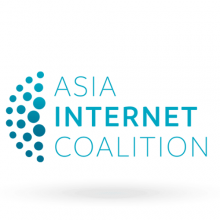Digital platforms and services stimulate economic growth and development. Countries are looking to the “internet economy” to provide new market opportunities and help achieve the UN’s Sustainable Development Goals (SDGs) such as promoting economic growth and sustainable industralisation, a process often relying on an increase in online access rates and smartphone penetration.
At the same time, many countries in ASEAN inadvertently hinder the potential for digital platforms and services through a lack of data privacy regulations and the introduction of data localisation policies that prevent the free flow of data across borders, leaving many businesses in limbo.
This report looks at the opportunities and challenges facing digital platform providers in ASEAN countries. Research shows that leading countries, such as Singapore, provide an accommodating regulatory environment, while other countries in the region offer major opportunities in terms of scale but also present challenges.
To provide insight into the role of digital platform providers in ASEAN, The Economist Intelligence Unit conducted desk research and six in-depth interviews. The key findings of the research are as follows:
- ASEAN countries are deploying different strategies to capture the potential of the internet.
- Connectivity matters: to capture the benefits of an internet economy, increasing connectivity and improving digital skills are key to further development.
- Regulatory hurdles can stifle innovation and growth: some countries in ASEAN have introduced data localisation policies, which can limit economies of scale for global providers and domestic companies.
- Overcoming challenges through innovation: public- and private-sector engagement is the most frequently cited solution to challenges and potentially seizing the full benefits of the internet economy






